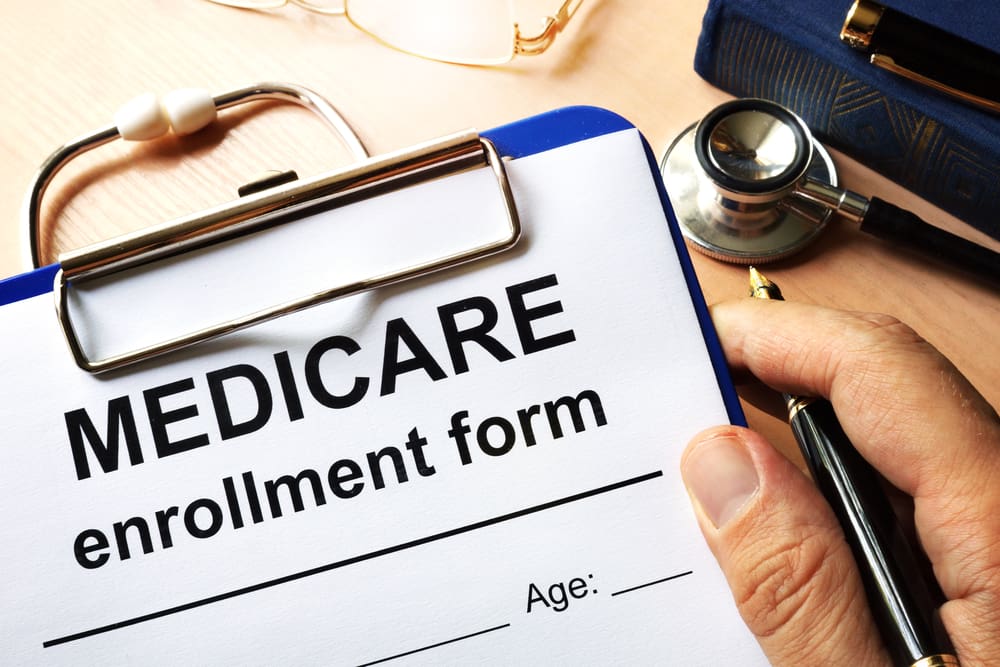 There are two main parts to Medicare, each with its own eligibility requirements. Medicare Part A which offers hospital and other institutional coverage, is available for anyone who is over age 65 or who is permanently disabled and who is eligible for Social Security or Railroad Retirement disability benefits.
There are two main parts to Medicare, each with its own eligibility requirements. Medicare Part A which offers hospital and other institutional coverage, is available for anyone who is over age 65 or who is permanently disabled and who is eligible for Social Security or Railroad Retirement disability benefits.
You are eligible for Medicare Part A if you:
- are a United States resident who has reached age 65 and are either a U.S. citizen or a legally admitted alien who has resided in the U.S. continuously for at least five years;
- are a disabled person of any age who has been entitled to Social Security, widows, or Railroad Retirement disability benefits for 24 months; or
- have end-stage renal disease that requires dialysis treatment or a kidney transplant.
Medicare Part B, which covers doctor visits and other outpatient care, is available for anyone over age 65 regardless of Social Security eligibility.
Everyone enrolled in either Medicare Parts A or B, or both, has access to prescription drug coverage through Medicare Part D.
For an Introduction to Medicare, click here.
For more about Medicare, click here.

Recent Comments